ARTICLE AD BOX

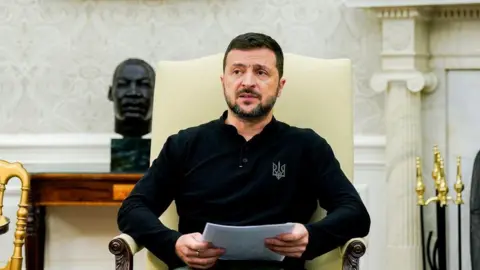 EPA
EPA
Zelensky during a meeting with Biden in the Oval Office
It was billed as a decisive week for Ukraine.
A chance for President Volodymyr Zelensky to present his boldly named "victory plan" to America’s most powerful politicians, during a visit to the US.
But it’s unclear if Kyiv is any closer to getting any of the key asks on its wish list.
And Zelensky has antagonised senior Republicans, including Donald Trump.
Zelensky told the New Yorker magazine he believed Trump "doesn't really know how to stop the war", while he described his vice-presidential running mate JD Vance as "too radical".
His remarks about Trump and Vance were a "big mistake", says Mariya Zolkina, a Ukrainian political analyst and research fellow at the London School of Economics (LSE).
Separately, Zelensky's visit to meet top democrats at an ammunition factory in the swing state of Pennsylvania was labelled as election interference by a senior congressional Republican.
The backlash to the visit came as a "big surprise" to Zelensky’s team, adds Ms Zolkina – an operation normally known for its slick PR.
Zelensky’s much-hyped visit was carefully timed to try and secure crucial support for Ukraine's war effort from President Joe Biden, who has just months left in office.
But that also meant walking straight into a highly-charged US election campaign – a tightrope act.
After reports that Trump had decided to freeze Zelensky out, the pair did eventually meet on Friday at Trump Tower in New York City.
Standing side by side in front of reporters it was, at times, an awkward encounter.
Trump declared he had a "very good relationship" with both Zelensky and Russia’s Vladimir Putin – an equivalence that is painful to Ukrainian ears.
Zelensky gently interjected to say he hoped relations were better with him than with Putin - a remark laughed off by Trump.
Watch: We'll work with both sides of war to get this settled - Trump to Zelensky
Trump had already been busy at rallies that week praising Russia’s historic military record, while lambasting the current US administration for giving "billions of dollars" to Zelensky who he claimed had "refused to make a deal" to end the conflict.
Later Zelensky hailed the talks as “very productive” but there’s little sign yet that he had managed to adjust Trump’s fundamental approach.
At a rally in Michigan on Friday night, the Republican candidate again voiced his intention to quickly "settle" the war, a repeated claim that’s led many to conclude he could cut aid to Kyiv and press Ukraine into ceding territory.
Meanwhile, in a thinly veiled attack on Trump, the Democratic candidate Kamala Harris said this week that those who would have Ukraine swap land for peace are supporting "proposals for surrender".
Standing alongside her was none other than Zelensky as he carried out a dizzying round of diplomatic speed-dating and media interviews all through the week – including at the United Nations.
Ros Atkins on... Why the US election is crucial to Ukraine
There was news of some further financial support ahead of a meeting with Biden at the White House - talks which were cordial but ambiguous in terms of their outcome, as Zelensky handed in his "victory plan" to end the war to the outgoing president.
Its contents have not been published but Ukraine’s request to be able to use Western-made long-range missiles to strike military targets deep inside Russia is widely thought to be one element.
Zelensky has for some time been asking Western countries for permission - but so far has not been given the green light.
Also thought to be in the plan is a plea for more robust security guarantees, including a longed-for invitation to join the Nato military alliance.
While the alliance makes encouraging noises about Ukraine’s future membership prospects, it’s been made clear that won’t happen while the country’s still at war.
Moscow’s troops continue to be on the attack in Ukraine’s east, despite Kyiv’s surprise incursion into Russia’s Kursk region.

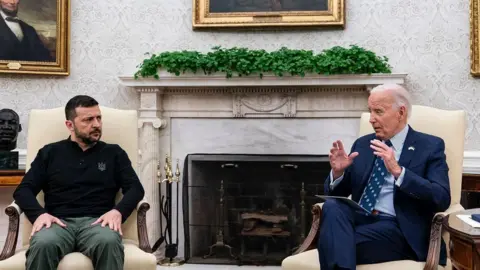 EPA
EPA
Hours before their meeting, Biden announced a further $7.9bn (£5.9bn) in military aid for Ukraine
Overall, the "victory plan" pitch is to bolster Ukraine’s position on the battlefield and push Putin towards a diplomatic peace.
But it was another political mismatch, believes the LSE’s Ms Zolkina, with the suite of proposals failing to “raise much enthusiasm".
"Ukraine has the idea that it should be doubling down on its ambitions," she says.
Zelensky is "sticking to the idea of getting an invitation to Nato but the US just isn’t there yet," she adds.
On the permission to use long-range missiles, critics of Biden have accused him of getting cold feet as he tries to help Harris into the White House.
However Ms Zolkina says big announcements this week weren’t necessarily on the cards - although hopes remain that permission could yet come through, despite further nuclear threats from Putin.
Here in Kyiv, people continue to insist they can’t conceive of giving up land to Russia - often on the basis that a truce would simply allow Putin to regroup and relaunch fresh attacks down the line.
However Ms Zolkina believes that conversation around a ceasefire could change if genuinely meaningful security guarantees were on the table.
“If Ukraine was promised membership of Nato or if Ukraine signed a really strong security agreement with a big international player, this discussion about a possible tactical ceasefire would turn in a different way and the political resistance would not be as strong as it now.”
It has been a week where Zelensky went and gave his "victory plan" a hard sell. But the reality is that Washington DC has yet to show great eagerness, while events in the Middle East continue to divert attention away from Russia’s bloody invasion.

 3 months ago
20
3 months ago
20
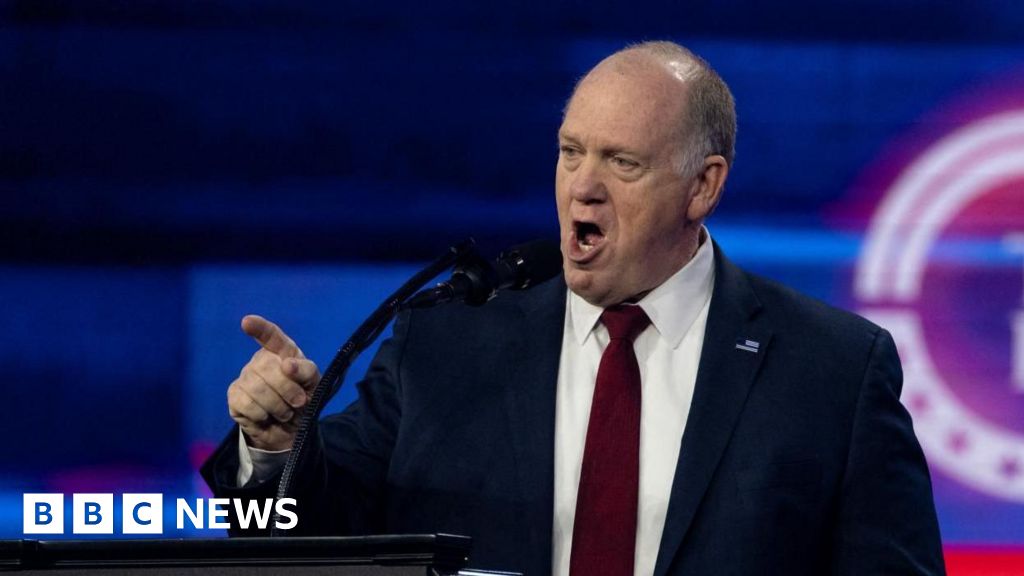
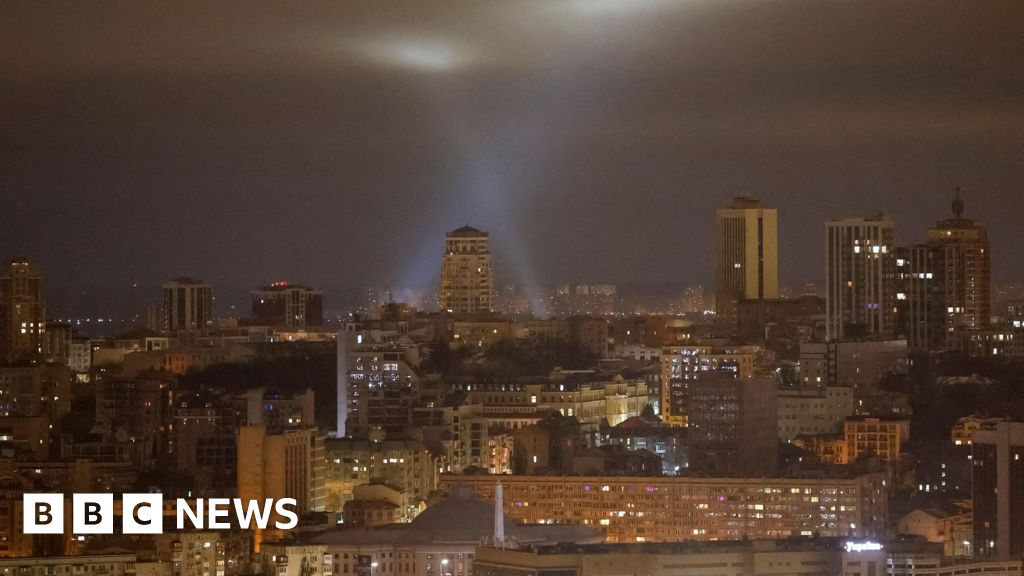
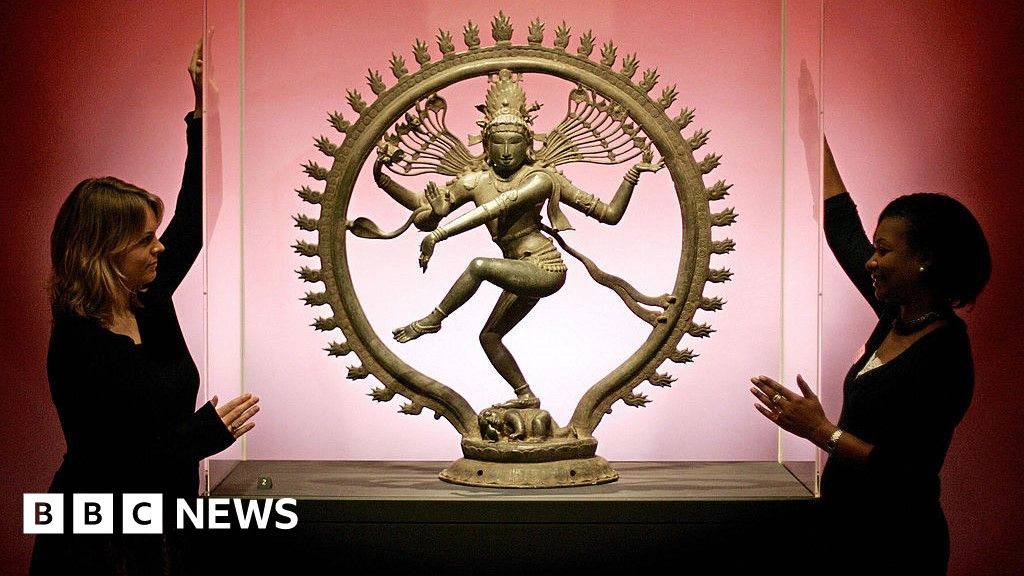





 English (US) ·
English (US) ·